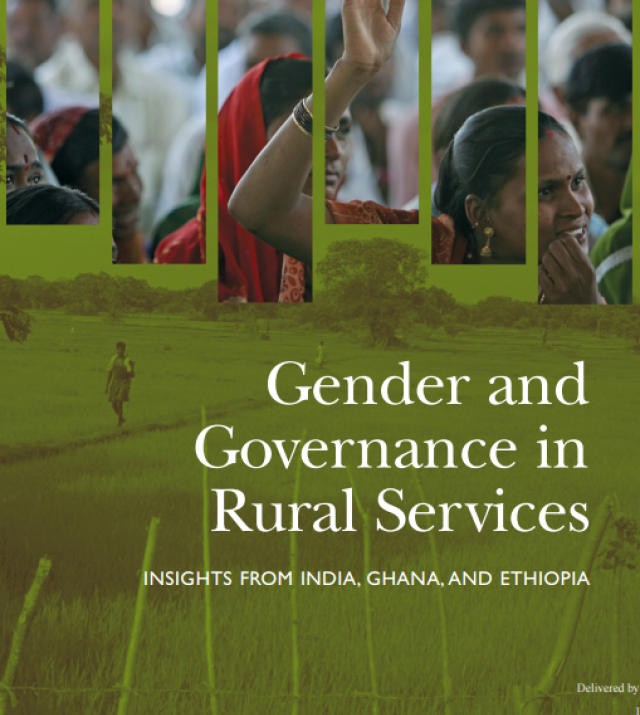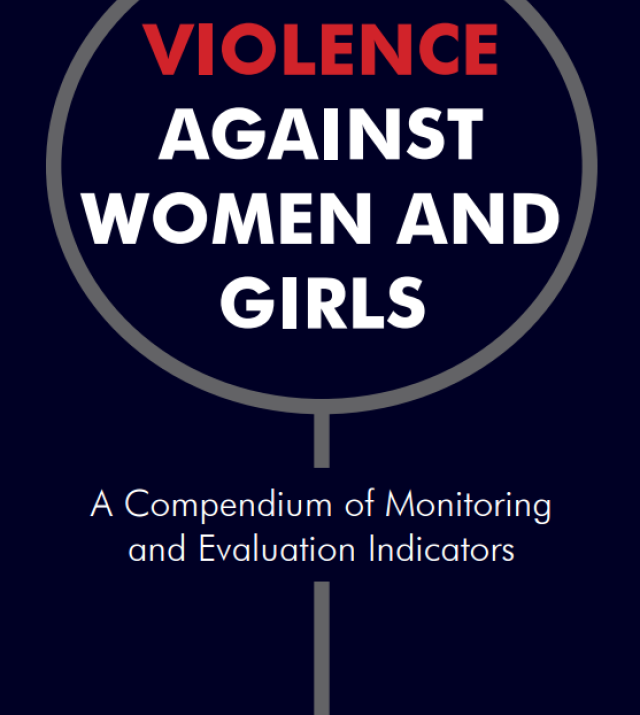
Scaling Gender Transformative Approaches: Adapting a Gender Transformative Approach from Bangladesh to Burundi

Gender Transformative change is what happens when women can claim their rights, get support from their community, and overcome the inequality they face. One tool that helps achieve this is CARE’s EKATA model. The Empowerment, Knowledge, and Transformative Action (EKATA) model started in Bangladesh to support women’s and girls’ empowerment so that they are able to engage those in power to act on issues that affect them. It is blazing a new trail in gender transformative programming. A project participant woman in Burundi says: “I am an empowered woman because if I have difficulties in my household, I am able to resolve them effectively. I am empowered, and I am intelligent. With EKATA, I got rid of fear and learned to do business. Before, I could not even put a foot where there are people.”
The EKATA model originated in Bangladesh to promote education, empowerment, and social transformation to achieve women’s empowerment and gender equality, economic well-being, and food and nutrition security. EKATA grows from ActionAid’s Reflect approach, inspired by Paul Freire. His writings emphasize the significance of helping oppressed people gain the necessary skills and critical consciousness to challenge current power disparities, push social change and assert their basic rights. In Bangladesh EKATA was part of the USAID funded SHOUHARDO (Strengthening Household Ability to Respond to Development Opportunities) project, focused on food security and child nutrition. The EKATA model used a rights-based livelihood approach to address a variety of structural causes that were specific to the community being assessed.
The SHOUHARDO project utilized the key aspects targeted by the EKATA model to affect the change in malnutrition rates in children. By the end of the project there was a 4.5% reduction rate in stunting annually due also to the techniques utilized in the EKATA groups. The successful implementation of EKATA in Bangladesh made it a good choice to adapt in Burundi with Win-Win for Gender, Agriculture and Nutrition: Testing a Gender-Transformative Approach from Asia in Africa project, funded by the Bill & Melinda Gates Foundation.

